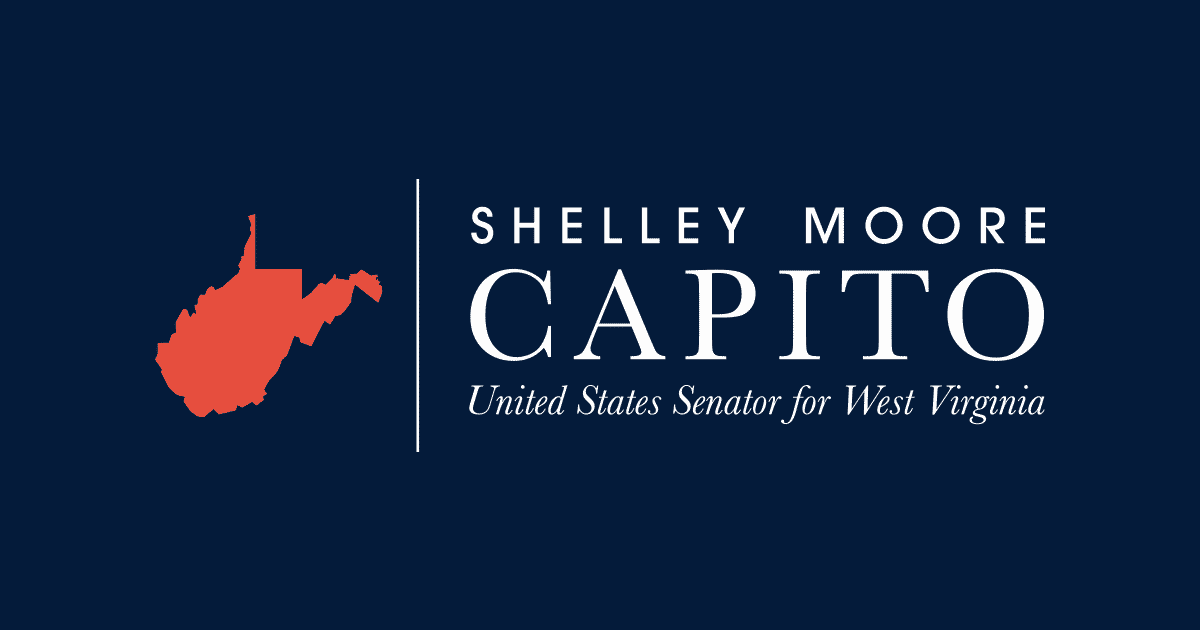Source: United States Senator for West Virginia Shelley Moore Capito
CHARLESTON, W.Va. — Last week, U.S. Senators Shelley Moore Capito (R-W.Va.) and Martin Heinrich (D-N.M.) celebrated the U.S. Senate Energy and Natural Resources Committee’s passage of their bipartisan Simplifying Outdoor Access for Recreation (SOAR) Act, legislation to improve the permitting process for outfitters, educational organizations, and community groups to access public land. The legislation was included in the America’s Outdoor Recreation Act and will now be considered by the full Senate for final passage.
“Making it easier to explore and enjoy the incredible beauty of our public lands is a key priority, especially right here in West Virginia,” Senator Capito said. “I’m so glad to see the committee pass the SOAR Act, which reduces bureaucratic red tape and makes commonsense changes to current permitting requirements that sometimes discourage outfitters from utilizing our public lands and, in turn, constrain economic development in these areas. These changes to federal public lands regulations would not only help support outdoor recreation, but also benefit the local communities and economies they support.”
“I am pleased that the Committee is moving forward with our legislation to make it easier for families, schools, and community groups to get outside and enjoy our public lands,” Senator Heinrich said. “Our public lands are where we go to camp under the stars, chase bugling elk, or fish for trout in a mountain stream. As a former guide myself, I know from experience how paperwork and bureaucracy can get in the way of getting outside. This legislation will streamline that paperwork to help small businesses and outdoor enthusiasts better access and enjoy our public lands and continue to grow economic development through outdoor recreation.”
The SOAR Act streamlines and improves the recreational permitting process for federal agencies:
- Improves the process for issuing recreation permits by directing the agencies to eliminate duplicative processes, reduce costs, and shorten processing times.
- Increases flexibility for outfitters, guides and other outdoor leaders by allowing them to engage in activities that are substantially similar to the activity specified in their permit.
- Increases system transparency by directing agencies to notify the public when new recreation permits are available and requiring the agencies to provide timely responses to permit applicants.
- Creates a pilot program for agencies to issue a single joint permit covering the lands of multiple agencies for trips involving more than one land management agency.
- Reduces permit fees and cost recovery expenses for small businesses and organizations creating a de minimis exemption for cost recovery and requiring the proration of costs that apply to multiple permits.
- Reduces barriers to access for state universities, city recreation departments, and school districts by waiving the permit indemnification requirement for entities that are prohibited from providing indemnification under state law.
The bill was also cosponsored by U.S. Senators Michael Bennet (D-Colo.), Jim Risch (R-Idaho), Angus King (I-Maine), Susan Collins (R-Maine), Catherine Cortez Masto (D-Nev.), Steven Daines (R-Mont.), Ron Wyden (D-Ore.), Mike Crapo (R-Idaho), Jon Tester (D-Mont.), Mike Rounds (R-S.D.), and Kyrsten Sinema (I-Ariz.).
The SOAR Act is supported by a wide range of organizations, including the Wilderness Society, American Mountain Guides Association, The Mountaineers, Outdoor Recreation Roundtable, and the Outdoor Industry Association.
Read the full text of the bill here.
# # #
